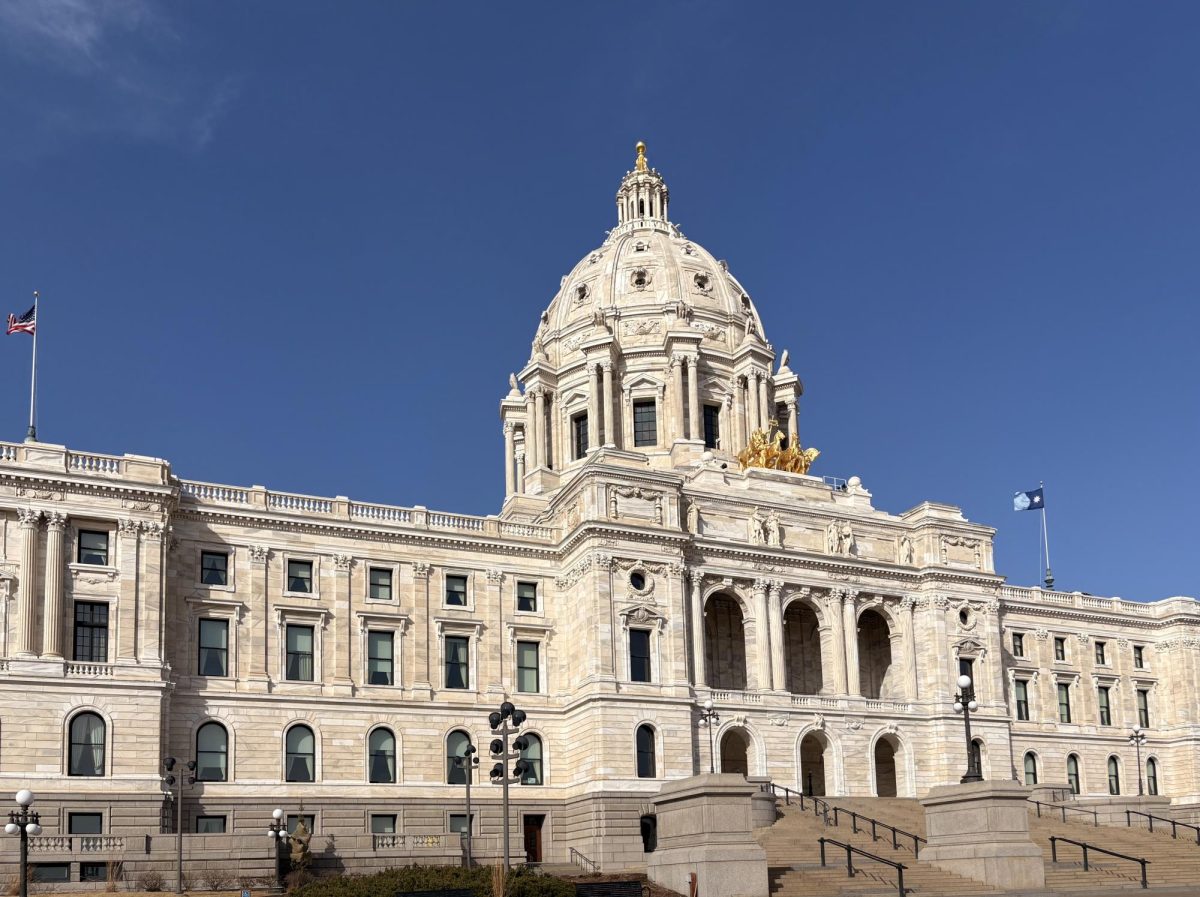After the Minnesota House Education Policy Committee deliberated on HF29, a bill repealing ethnic studies standards, on Feb. 18, the bill moved to an Education Finance Committee hearing on Feb. 27. The proposed bill would eliminate the ethnic studies strand from social studies state standards and remove funds allocated by the Minnesota Department of Education (MDE) to support teacher development in implementing the standards.
Edina High School AP African American Studies teacher Courtney Major testified against the bill during the Feb. 18 hearing. “It’s being driven by people that are outside the field of education,” she said. “I’m concerned that our state is saying to our students that they only have to learn the dominant narrative.”
Rep. Ron Kresha, chair of the Education Finance Committee, sponsored and co-authored HF29. “The eighth graders who cannot read at grade level and the fourth grade students underperforming their national and international peers are not lacking education regarding social, cultural, and political forces,” he said in the Education Policy Committee hearing. “They are lacking fundamental academic achievement.”
While Kresha’s support centered around an alleged decline in academic performance, Rep. Walter Hudson, who also authored the bill, claimed the standards teach political ideology. “From [the student testimony supporting ethnic studies] today, we heard phrases like cause-and-effect power dynamics, social justice, institutional racism—these are ideological political terms,” he said.
Major believes that the opposition to ethnic studies is part of a larger trend. “The assault on ethnic studies is an extension of an assault on what half of our political spectrum considers diversity, equity, and inclusion,” she said. “Somehow those have become nasty words, and they’re not.”
Minnesota’s academic standards are reviewed and edited every 10 years by the MDE. As part of suspending the 2021 Social Studies Standards, HF29 would refer teachers to standards from 2012. “They wouldn’t meet again until 2030 [to create new standards],” Major said. “Students would be in classrooms where teachers are expected to meet outdated standards, and we know much in our world has changed since 2012.”
HF29 passed through the Education Policy Committee on a 7–6 vote and the Education Finance Committee on a 12–10 vote. Although it has progressed in the Republican-controlled House, there is no counterpart in the majority-Democratic-Farmer-Labor Senate, so this bill cannot become law.
“When I was testifying, it struck me just how [HF29’s support] was devoid of fact, baseless, and came from a place of fear of losing a privileged position,” Major said. “We’re in this moment where everything feels like you can’t make a difference, but changes can happen within people’s spheres of influence. I don’t want it to be normalized that it’s okay not to talk about these things.”
This piece was originally published in Zephyrus’ print edition on March 27, 2025









